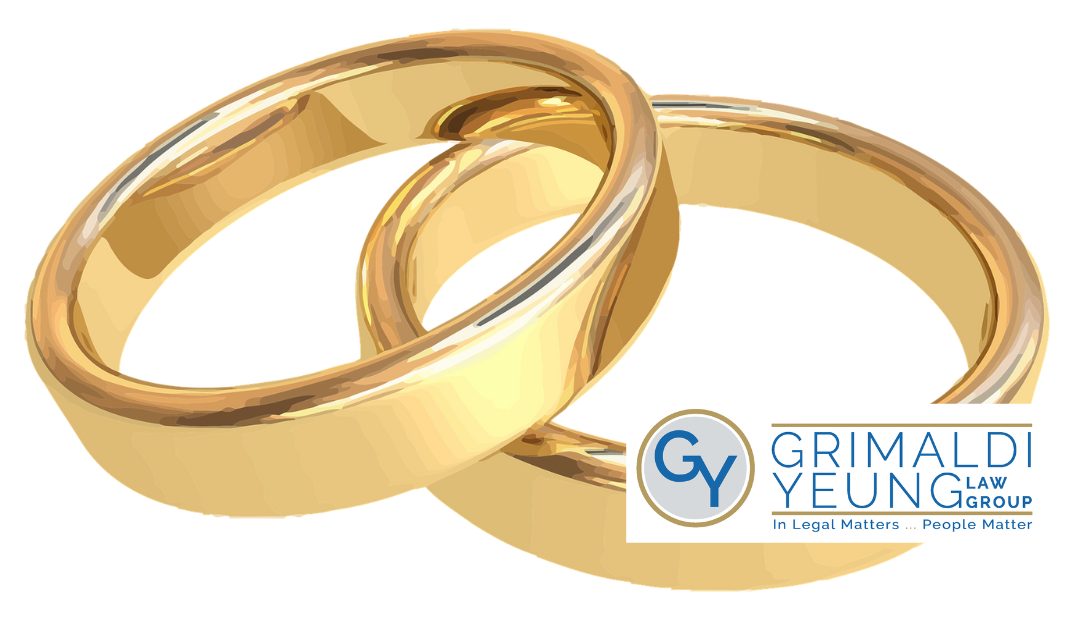Despite gains in many areas, married women still choose traditional roles, when it comes to finances. When divorce is in the picture, that creates big problems, for the present and the future.
The upheaval presented by divorce, and the probability that the woman will be the surviving spouse, is difficult for the entire family. Women who have not been active participants in family finances often find themselves at a loss when it comes to managing money. It’s another part of their lives that often has to start from the beginning again.
Forbes’s recent article, “The Top Estate Planning Mistakes Divorcing Women Make,” notes that even though you may be dealing with a lot of emotion at the start of a divorce or the death of a spouse, it’s important to focus on certain issues, like your inevitably changing financial situation.
This is especially important if you have children. You may be busy taking care of many aspects of your immediate financial needs, but this is also the time to consider your future as well. It’s never too early to address this often-overlooked task and learn how to protect yourself (and your children) while avoiding these estate planning mistakes that divorcing or recently widowed women commonly commit.
Reviewing Your Will. When you divorce, your will should be reevaluated and updated. If your spouse was named as a beneficiary on any accounts, you may also want to make changes to those.
Reviewing the Children’s Guardianship. If you don’t name a guardian, there’s no knowing who gets custody of your children if you were to die. If you and your spouse already created a guardianship plan before you divorced, and you now have custody, review this plan. That’s because the appointed guardian may be one of your former spouse’s family members. This may be someone with whom you’re no longer comfortable.
Failing to Plan for All Assets. You may be entitled to some of your former spouse’s deferred savings plans, like a 401(k), IRA, or other eligible savings plan. After you’ve claimed your share, be sure to designate beneficiaries (such as your children) for these plans.
Failing To Incorporate Trusts Into Your Estate Plan. A trust can help to protect your assets (and have them distributed according to your wishes) in certain circumstances. Creating a trust can ensure that your money still goes to whoever you want after you pass. Trusts can also be used to defer asset distributions until your minor children are legal adults.
No Planning Whatsoever. The biggest estate planning mistake a person can make is not having a plan at all. When someone dies without a will or estate plan, their assets go through probate. Your children, grieving your loss, will have to spend a great deal of time and money on this process. State law will determine who inherits assets when there is no will or estate plan in place. The final decision may also end up being against your wishes. Estate planning may be the last thing on your mind right after a divorce or the passing of a spouse, but it’s important to make it a priority.
Trying Not to Work with an Estate Planning Attorney. The help of an experienced estate planning attorney is particularly important when dealing with divorced families. Who will be the guardian of any minor children, if something should happen to a parent? You may not want your ex raising them without another guardian in the picture. If your assets are inherited by minor children, who will be in charge of those assets for their benefit? An estate planning attorney can help focus you on these and other issues and create a legally enforceable plan.
Contact our firm today. Our attorneys are ready to help.

